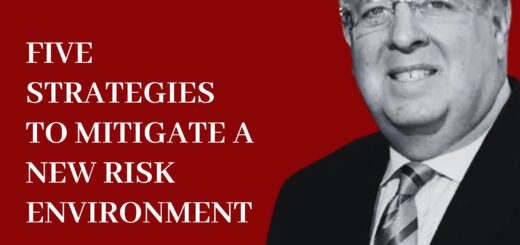Update on Corruption in Brazil
 Brazil is the seventh largest economy in the world. It has a booming economy and is attracting increased foreign investment. With the World Cup scheduled in 2014 and the Olympics in 2016, Brazil’s profile is expected to rise even higher. Brazil is the largest recipient of foreign capital in Latin America.
Brazil is the seventh largest economy in the world. It has a booming economy and is attracting increased foreign investment. With the World Cup scheduled in 2014 and the Olympics in 2016, Brazil’s profile is expected to rise even higher. Brazil is the largest recipient of foreign capital in Latin America.
Brazil continues to suffer from the reality of corruption. Brazil ranks 73 out of 182 on the Corruption Perception Index. In a recent survey conducted by the International Finance Corporation of the World Bank, seventy percent of companies responding identified corruption as a major hurdle to doing business in Brazil.
International companies have reported demands for payment of bribes from Brazil government officials. The Justice Department and the SEC have an ongoing investigation of Embraer for its activities in Brazil.
Brazil is trying to focus on corruption. The Supreme Court in Brazil is trying more than three dozen of the country’s best known politicians and lobbyists for corruption in a vote buying scheme. The trial is high profile and is focusing attention on corruption in Brazilian society. It has been billed as the “trial of the century.”
Last year, a massive scandal was uncovered in the Brazilian ministry overseeing Brazil’s new $66 billion infrastructure plan. Brazilian officials allegedly demanded 5 percent kickbacks on highway construction projects and then pushed carts down the hallways to hand out the cash. The transport minister and most of his staff resigned or were fired in July of last year, and a new, supposedly more scrupulous group is now in charge.
Brazil has recently taken steps to combat government corruption. The Brazilian Congress is considering a bill which would substantially strengthen its foreign bribery law. Under the bill, companies could be held civilly liable for acts of their directors, officers, or employees, and would include harsh sanctions with fines between 0.1 and 20% of a company’s gross revenue for the previous year, and companies could earn credit for voluntary disclosures and compliance programs.
In 2010, Brazil also enacted legislation disqualifying anyone convicted of a serious crime from running for political office at any level for eight years. Brazil’s Comptroller General also maintains an on-line “Transparency Portal” that monitor federal accounts and contains information concerning government spending and transfers of government funds.
 Businesses that enter Brazil have to understand that the Brazilian government includes federal, state and local government authorities, have a proactive compliance program in place and adopt a comprehensive anti-corruption strategy in advance of entering Brazil.
Businesses that enter Brazil have to understand that the Brazilian government includes federal, state and local government authorities, have a proactive compliance program in place and adopt a comprehensive anti-corruption strategy in advance of entering Brazil.
Brazil has one of the most burdensome government administrative bureaucracies in the world. Companies face a myriad of regulatory requirements when conducting business in Brazil. Corruption risks can be managed. It requires vigilance and dedication to a pre-entrance anti-corruption strategy. A commitment to an ethical culture has to be communicated as the company enters the Brazil marketplace.
Companies need to have very robust and publicly available anti-corruption policies in place. Brazilians are starting to demand ethical business practices amongst all stakeholders. Organizations that publicly disclose their anti-corruption policies will build goodwill and will let all of their business partners know that they will not participate in under-the-table schemes and payouts.
















1 Response
[…] Update on Corruption in Brazil Corruption, Crime & Compliance. […]